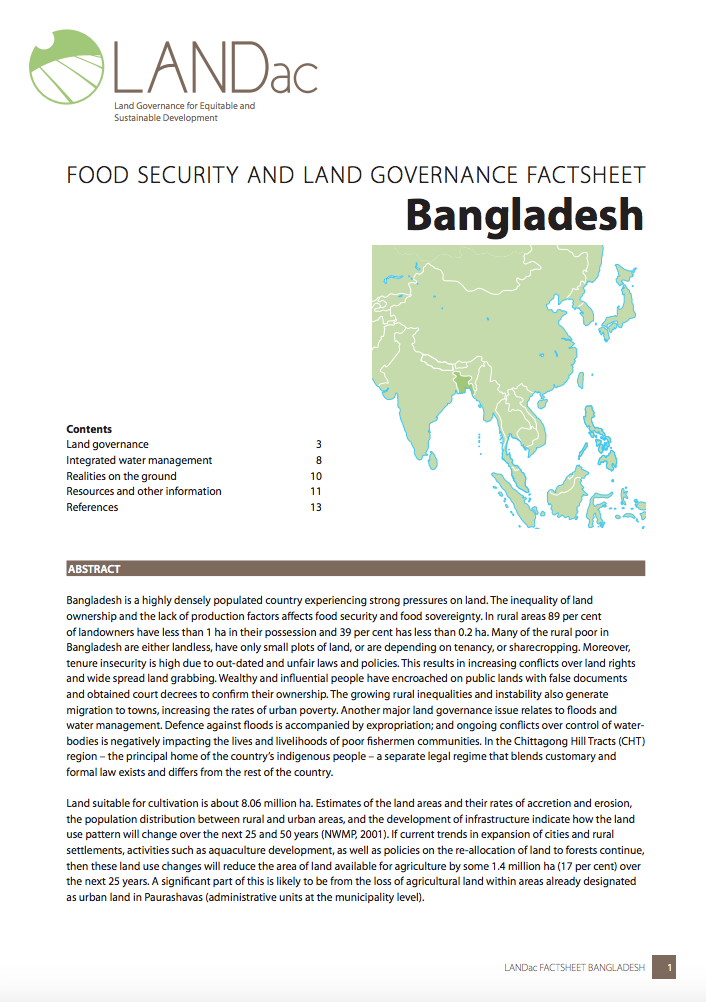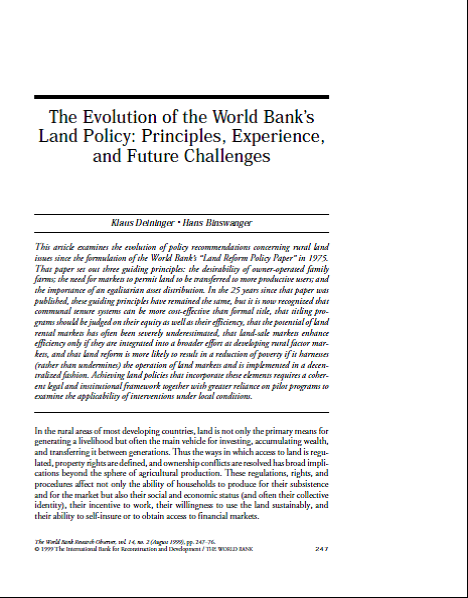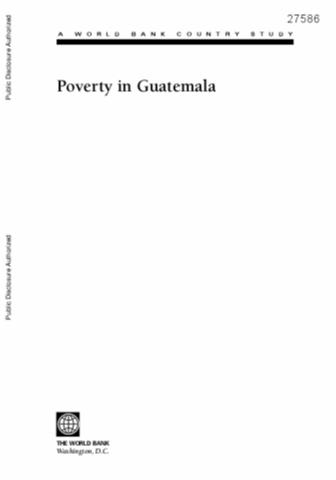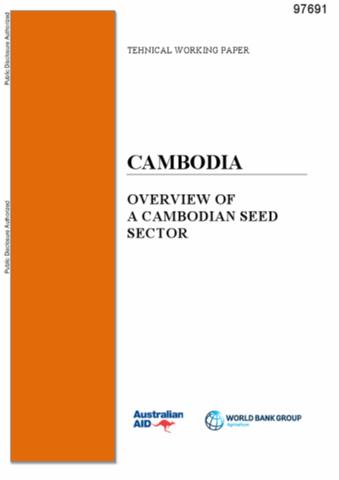Zambia
Zambia’s agriculture sector provides the main support for the rural economy. This assertion is based on the fact that about forty nine percent of the Zambian population depends on agriculture, primarily through smallholder production for their livelihoods and employment (CSO, 2014). Notwithstanding this fact, in 2015 the sector contributed 8.5 percent to the GDP and approximately 9.6 percent of national export earnings (CSO, 2015; World Bank, 2016). The potential for agricultural growth in Zambia is staggering.







